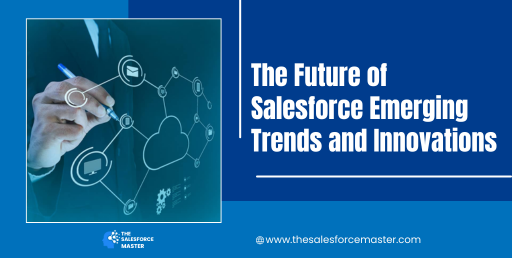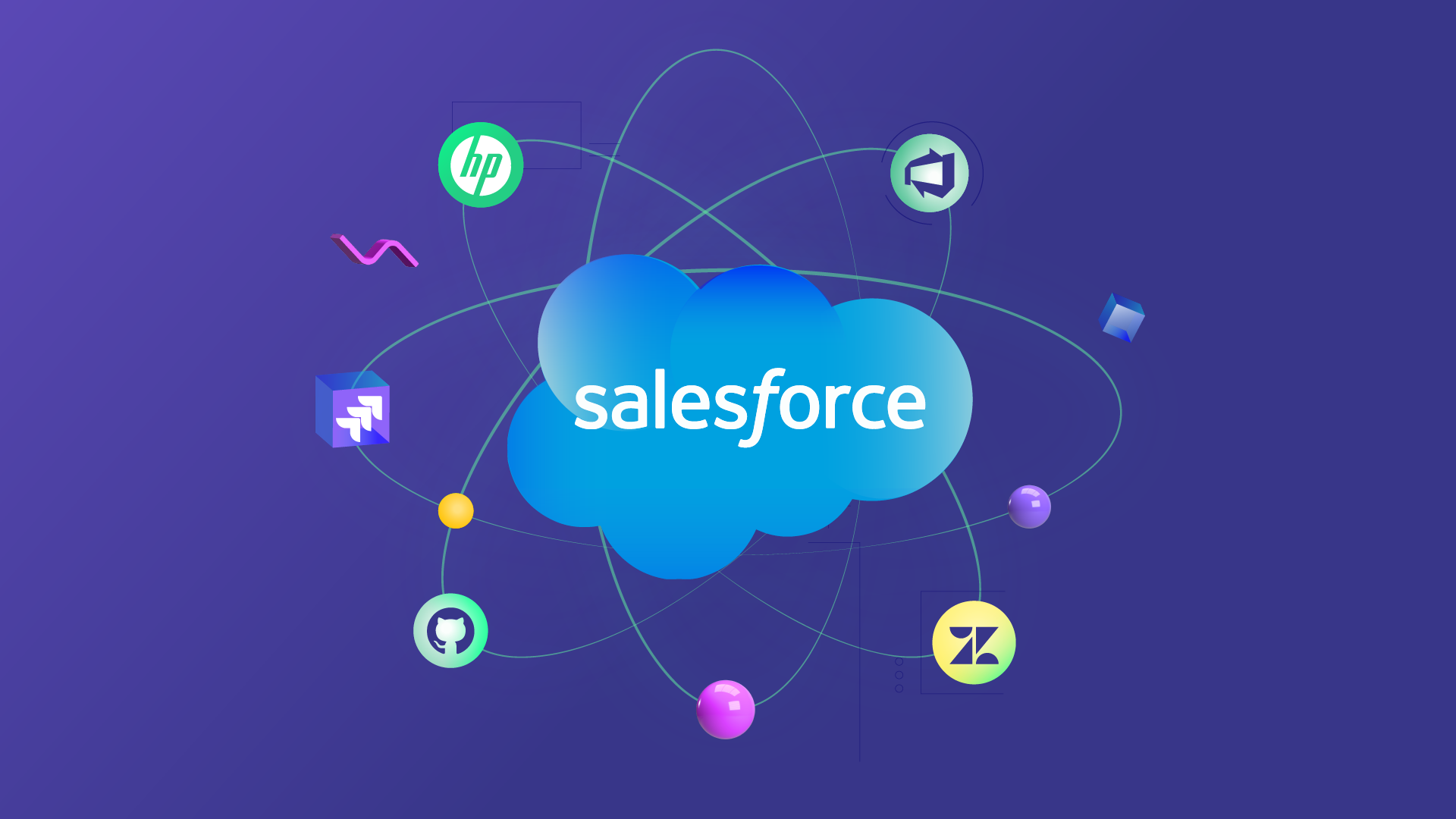
Salesforce continues to be a leading force in customer relationship management (CRM).
As the digital landscape evolves, new trends and innovations emerge, reshaping the future of Salesforce. This article explores the key areas transforming Salesforce’s platform and how marketers can leverage these changes.
AI and Automation: Artificial intelligence (AI) and automation are at the forefront of Salesforce’s innovations. These technologies enhance efficiency and provide deeper insights. Salesforce Marketer tools like Einstein AI are becoming more sophisticated. By analyzing vast amounts of data, they can predict customer behavior and personalize experiences. This predictive analytics capability helps marketers create targeted campaigns, improving customer engagement.
Moreover, automation streamlines workflows. Tasks such as lead scoring and email marketing can be automated, allowing marketers to focus on strategy and creativity. Salesforce’s Marketing Cloud offers features like Journey Builder, which automates customer journeys across various touchpoints. This ensures a consistent and personalized experience for customers, boosting retention and satisfaction.
Integration & Connectivity: Building a Unified Ecosystem Salesforce’s commitment to integration and connectivity is evident. The platform is becoming a hub where various business tools converge. With tools like MuleSoft, Salesforce Marketer professionals can integrate data from different sources seamlessly. This connectivity breaks down silos, providing a holistic view of the customer.
The introduction of Salesforce Customer 360 further exemplifies this trend. It unifies customer data across Salesforce apps, offering a single source of truth. Marketers can leverage this unified data to create more accurate customer profiles and deliver personalized marketing efforts. This interconnected ecosystem is crucial for delivering cohesive and effective marketing strategies.
Additionally, Salesforce is expanding its AppExchange marketplace. This allows marketers to access a wide range of third-party applications that integrate with Salesforce. These apps provide additional functionalities, from advanced analytics to enhanced social media management, enabling marketers to customize their toolkit according to their needs.

Data Privacy & Security: Prioritizing Customer Trust: Data privacy and security are becoming paramount in the digital age. Salesforce is enhancing its platform to comply with stringent data protection regulations. Features like Salesforce Shield provide advanced security measures. These measures include event monitoring and encryption, ensuring that customer data is protected.
Salesforce Marketer professionals must be aware of these security features to maintain customer trust. By using tools like the Privacy Center, marketers can manage data privacy preferences and comply with regulations such as GDPR and CCPA. This focus on data privacy not only builds trust but also ensures that marketing practices are ethical and transparent.
The future of Salesforce is marked by rapid advancements and innovative solutions. AI and automation will continue to revolutionize marketing strategies. Integration and connectivity will create a unified ecosystem, enhancing the customer experience. Emphasizing data privacy and security will foster customer trust and loyalty.
Conclusion:
In conclusion, staying ahead of these trends is essential for Salesforce Marketer professionals. By embracing these innovations, they can create more effective, personalized, and secure marketing strategies. The evolving landscape offers numerous opportunities for those willing to adapt and innovate. Salesforce’s commitment to continuous improvement ensures that it will remain a vital tool for marketers in the years to come.


